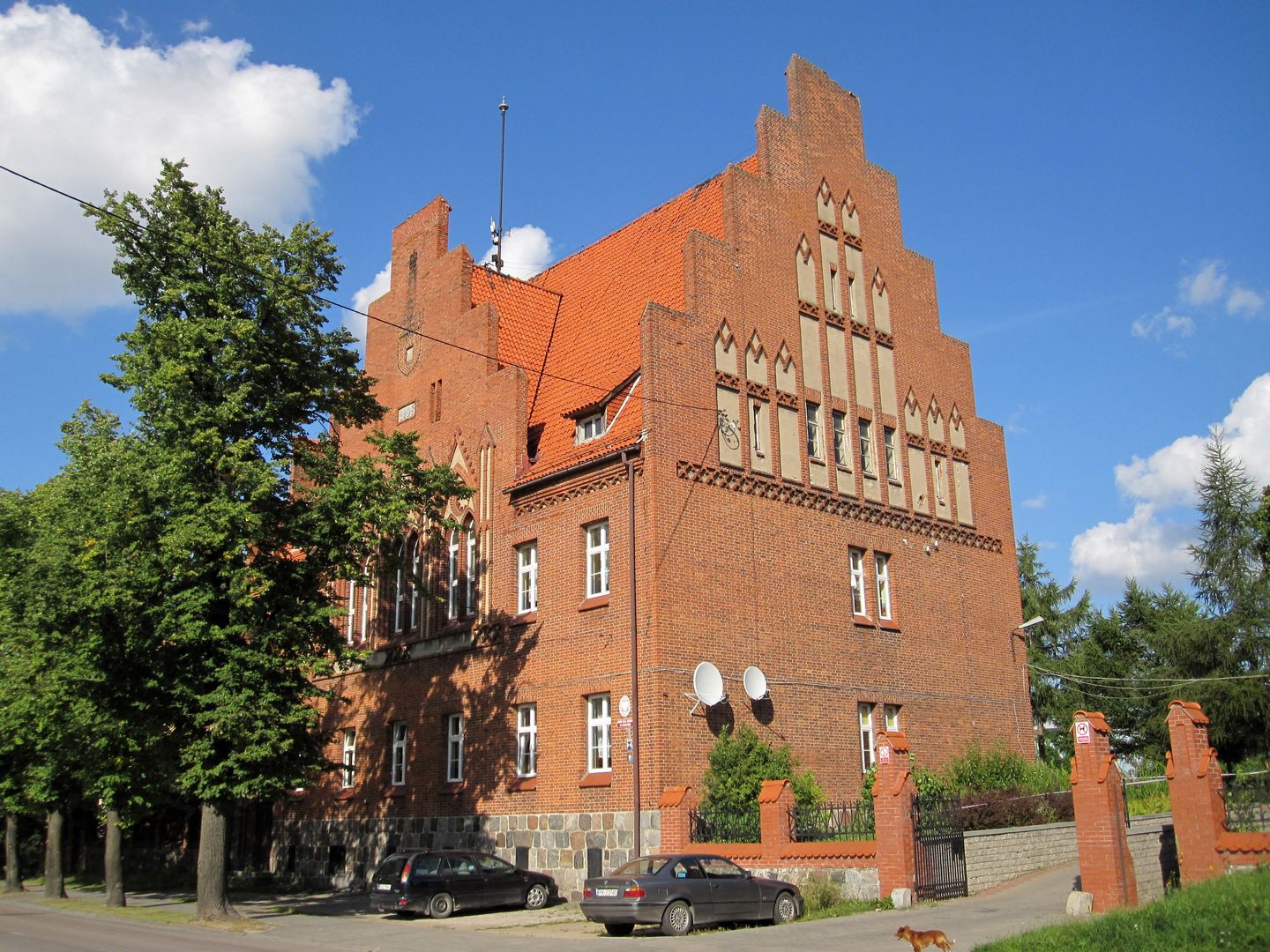Pasym
6.26

Overview
Pasym, formerly known as the German Passenheim, is a town in the Warmian-Masurian Voivodeship, renowned for its rich history and picturesque location among Kalwa, Leleskie, and Grom lakes. Founded in 1386 by the Teutonic Knights, the town derives its name from the Elbląg commander, Siegfried Walpot von Bassenheim. Over the centuries, Pasym has undergone various stages of development, eventually evolving into a tourist and sports center. In the 17th century, the town suffered from wartime destruction, and in the 20th century, it experienced the consequences of World War II, losing approximately 30% of its buildings. Pasym was granted town rights in 1386, lost them in 1946 after the war, and regained its town status in 1997. Architecturally, Pasym is distinguished by its late Gothic church from the 15th century, a neo-Gothic church from 1876, a 19th-century town hall, and remnants of 14th-century town walls. The town also features Protestant and Catholic cemeteries, highlighting the region's historical diversity. Pasym was home to many notable figures, such as historian Krzysztof Hartknoch and writer Melchior Wańkowicz. Contemporary culture in Pasym also has its achievements—the town served as a backdrop for the films "Południk zero" and "Cudownie ocalony." Pasym collaborates with partner towns to develop culture and traditions and is a member of the International Cittàslow Association, promoting the idea of quality of life in cities. It is also worth mentioning the development of tourism and numerous recreational attractions that draw visitors to this picturesque corner of Masuria.
Location
2026 Wizytor | All Rights Reserved